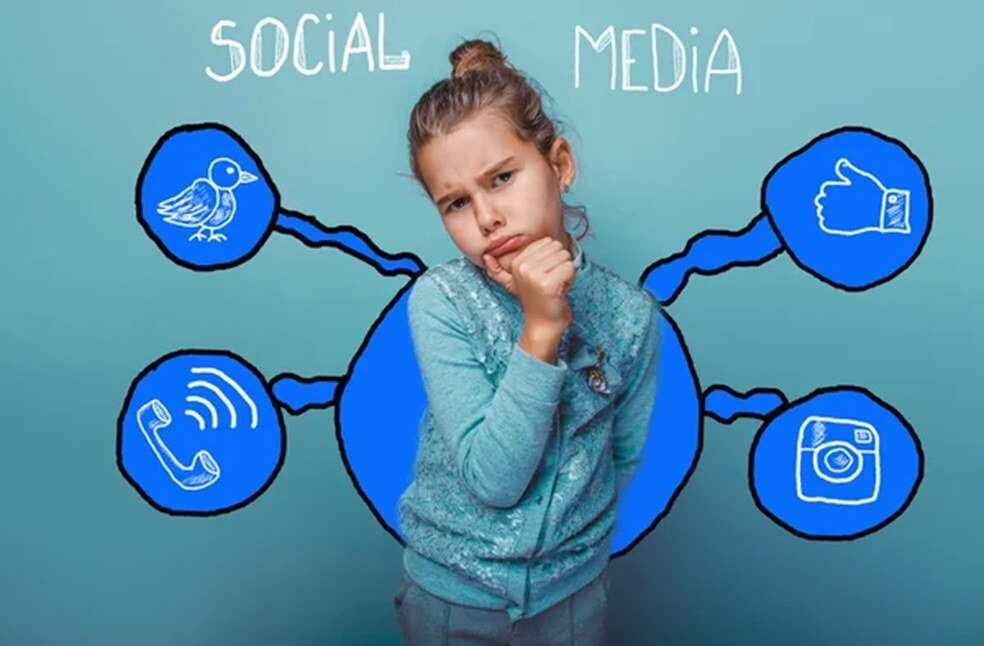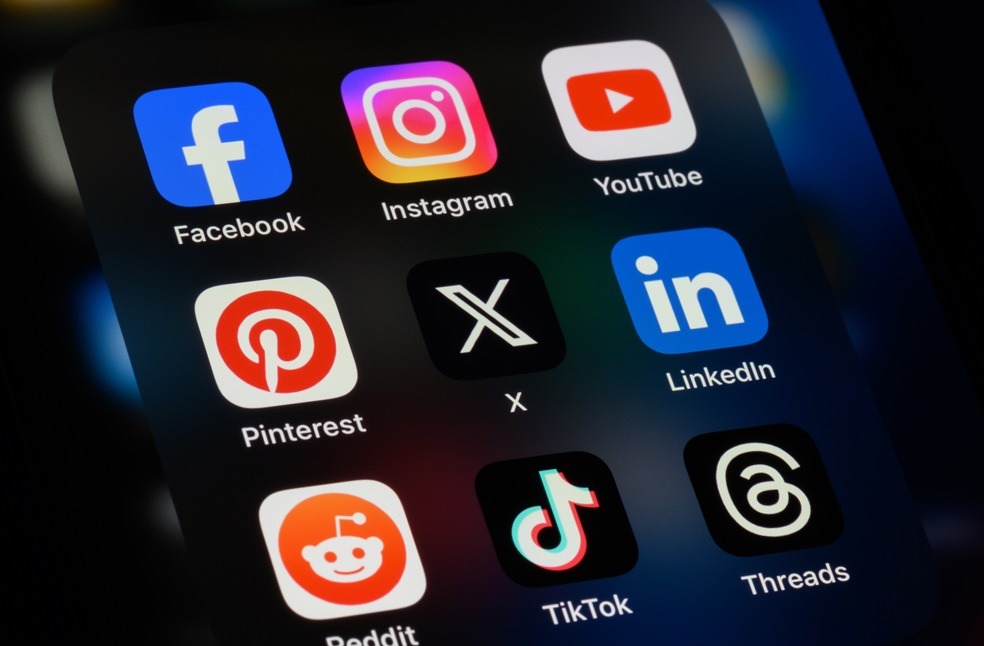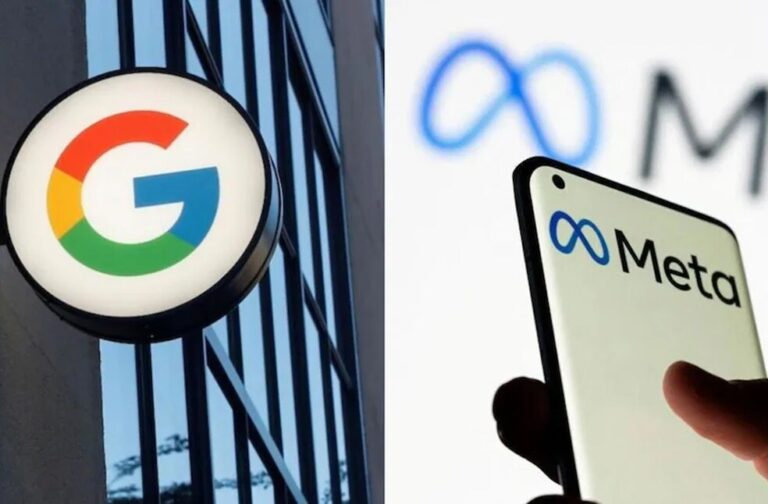Sydney: Google and Meta Platforms have urged the Australian government to postpone the introduction of a bill that would ban most social media usage for children under the age of 16.
Both tech giants argue that more time is needed to fully assess the potential impacts of the legislation, which is set to be some of the strictest social media regulation for minors globally.
Prime Minister Anthony Albanese’s centre-left government aims to pass the bill, which would impose stringent controls on children’s social media usage, by the end of the parliamentary year. Introduced in parliament last week, the bill opened for submissions from industry stakeholders for only one day.
In their submissions, Google and Meta called for a delay until the results of an ongoing age-verification trial, which may include biometric identification or government-issued IDs, are available.

The companies contend that without this data, neither the government nor the public will fully understand the nature or scale of the age verification measures that would be required under the bill. Meta described the current draft of the law as “inconsistent and ineffective.”
The proposed legislation would hold social media platforms responsible for ensuring users are over the age of 16, leaving companies to implement age-verification systems. If platforms fail to comply, they could face fines of up to A$49.5 million ($32 million).
While the opposition Liberal Party is expected to support the bill, some independent lawmakers have voiced concerns about the rushed nature of the process, with only a week allotted for consultation. A Senate committee on communications legislation is set to release a report on Tuesday.

Other companies have also expressed concerns. Bytedance’s TikTok, which faces significant implications from the bill, criticised the lack of clarity in the legislation and raised concerns about the lack of consultation with experts, mental health organisations, and young people.
Elon Musk’s social media platform, X, also weighed in, arguing that the bill could infringe upon the human rights of children and young people, particularly their rights to freedom of expression and access to information.



